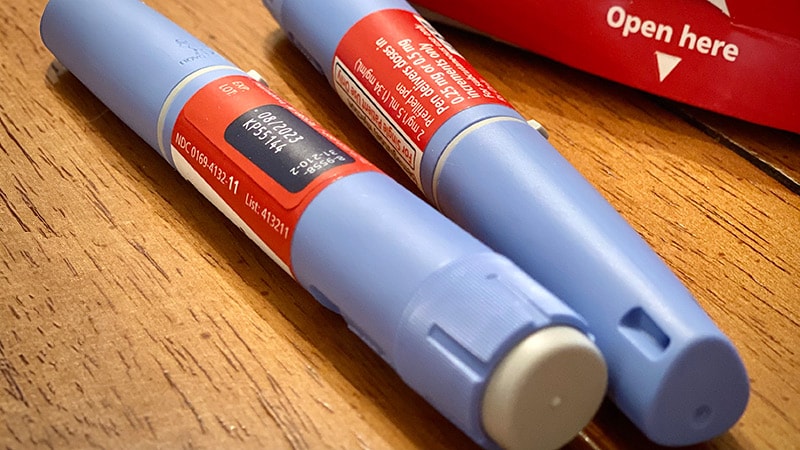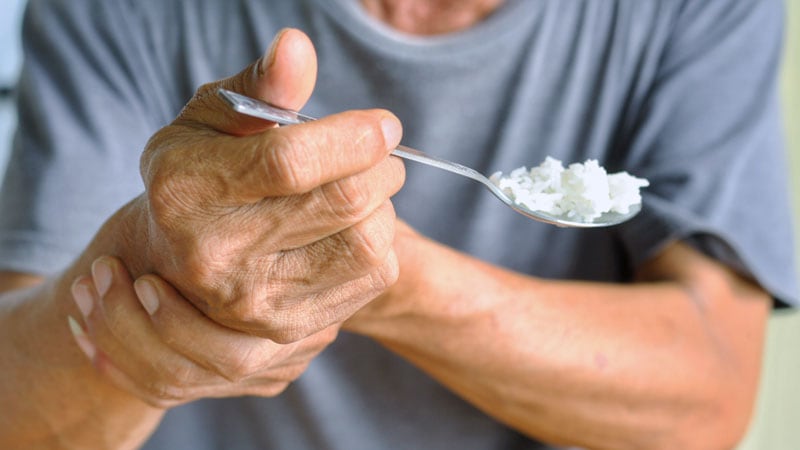A legal battle between rival developers of Covid-19 jabs over life-saving vaccine technology patents has produced a mixed ruling from a High Court judge.
Pharmaceutical giant Pfizer and drug manufacturer BioNTech have been locked in a dispute with vaccine maker Moderna over the use of messenger RNA (mRNA) technology in coronavirus jabs.
The rival firms faced off at two trials in London earlier this year amid parallel litigation in the US, Germany, the Netherlands and other countries.
US firm Moderna sued American competitor Pfizer and its German partner BioNTech for alleged patent infringement in relation to their Comirnaty vaccine, arguing it was due compensation for products manufactured after March 7 2022.
Pfizer and BioNTech denied infringement, with both firms seeking the “revocation” of two Moderna patents, claiming they were “invalid”.
In a 153-page written ruling on Tuesday, Mr Justice Meade concluded one of the European Moderna patents, labelled EP565, was “invalid”.
But the judge said a different patent, called EP949, was “valid” and was infringed by Pfizer and BioNTech.
Moderna’s Spikevax vaccine was the third jab to be approved for use in the UK in January 2021 after the Pfizer/BioNTech and Oxford/AstraZeneca vaccines were approved.
Pfizer said in a statement, echoed by BioNTech, after the ruling: “Pfizer and BioNTech believe in the value and strength of our innovative science and our own intellectual property.
“While we are pleased that one patent (EP565) has been found invalid, we are disappointed in the court’s decision to uphold the validity of another (EP949).
“We continue to believe that this second patent is invalid and will seek to appeal this decision.
“These proceedings have no bearing on the safety and efficacy profile of our vaccine, as established by regulators worldwide.
“Irrespective of the outcome of this legal matter, we will continue to manufacture and supply the Pfizer-BioNTech Covid-19 vaccine in line with our agreements and established supply schedules.”
A Moderna statement said: “We are pleased that the UK High Court recognised the innovation of Moderna scientists by confirming the validity and infringement of the EP949 patent and that (the) defendants were not entitled to use Moderna’s patented technology for any infringing activity after March 7 2022.
“We disagree with some other aspects of the decisions and will consider addressing those issues on appeal.”
Amid the fight over vaccine technology, the companies clashed in court over the interpretation of Moderna’s previous “pledge” not to enforce its Covid-19 related patents while the pandemic continued.
A parallel trial in May focused on Pfizer and BioNTech’s ability to rely on the pledge as part of their defence.
Moderna issued its pledge on October 8 2020, but on March 7 2022, the company said it was updating it and expected its intellectual property to be respected in non-low and middle-income countries where supply was “no longer a barrier to access”.
Lawyers for Moderna contended the “pandemic period” in its pledge “would come to an end on a country-by-country basis when vaccine supply ceased to be a barrier to access to vaccinations in any particular country”.
It claimed this meant the pandemic period ending in the UK during 2021 “when the supply of vaccines exceeded the demand of unvaccinated people”, the court was told.
But Pfizer and BioNTech argued the end date was May 5 2023, when the World Health Organisation declared Covid-19 “no longer constituted a public health emergency of international concern”.
In a separate 41-page ruling also issued on Tuesday, Mr Justice Richards concluded “Pfizer/BioNTech had non-contractual consent to perform acts that would otherwise infringe the patents between 8 October 2020 and 7 March 2022”.
He added “Moderna’s consent was revocable and revoked by the March 2022 statement”.



